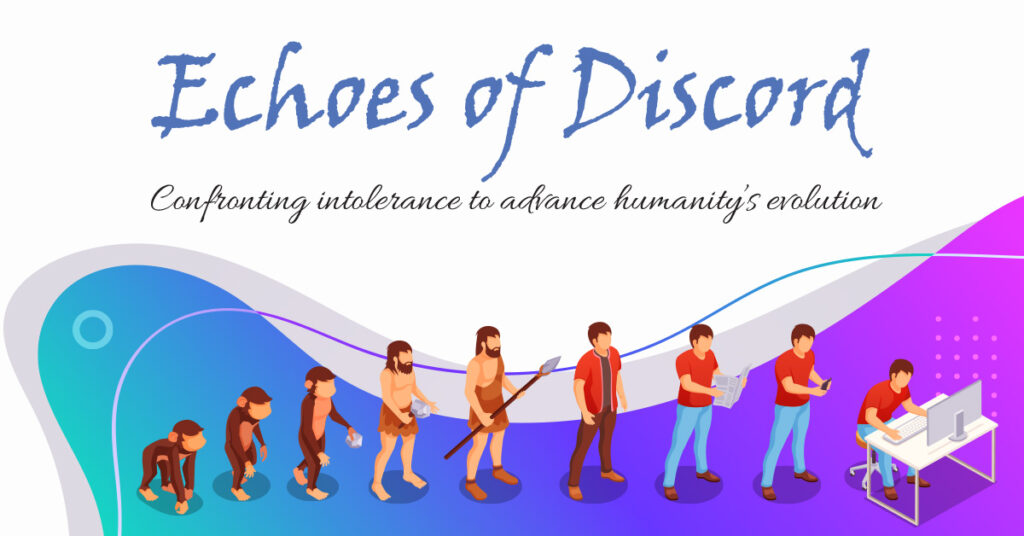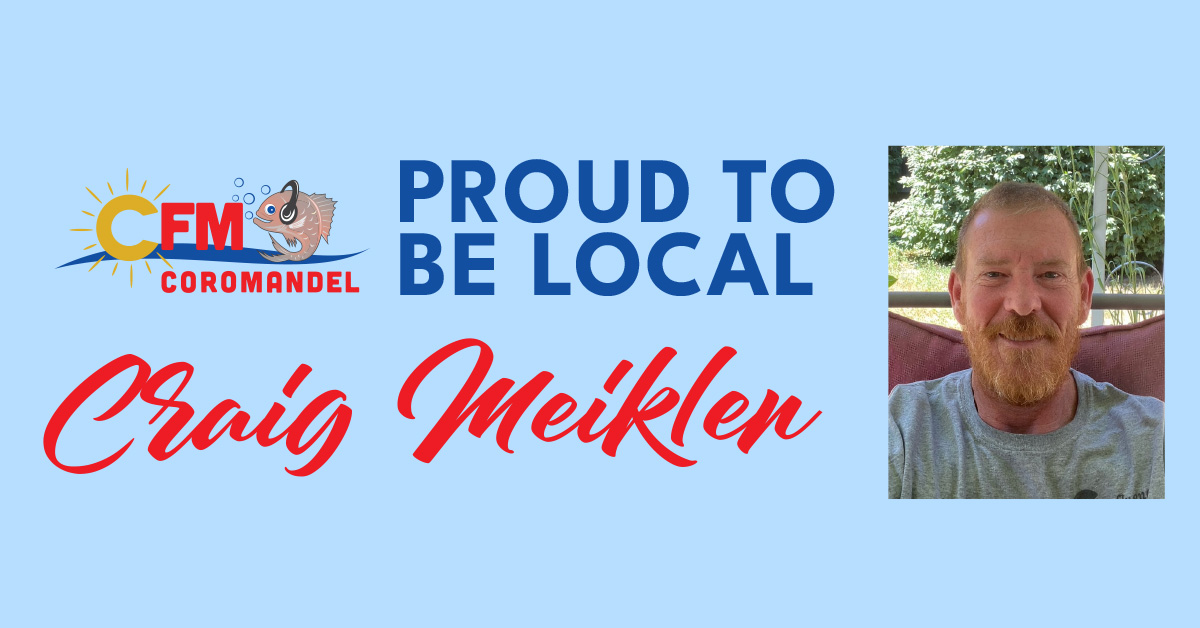
Millions of years ago, this story began with the emergence of early hominins in Africa, the cradle of humanity. These were not yet modern humans, but their bipedal movement marked the dawn of a new era.
In this primitive world, survival was the daily script, and adaptation was the key player. The landscape was a rough canvas, slowly being painted with the first strokes of human activity.
Fast forward to around 400,000 years ago, and the plot thickens with the entrance of Neanderthals and, eventually, anatomically modern humans – Homo sapiens. While Neanderthals adapted to the colder climates of Europe, Homo sapiens in Africa began to exhibit behaviours and practices that were unmistakably human – advanced tools, art and a burgeoning sense of culture.
However, it was only in recent times that a new kind of challenge has emerged – one that threatens the very fabric of our social evolution: the struggle to handle differing opinions and the perceived increase in emotional fragility.
In a world more connected than ever before, the exchange of ideas should be our greatest strength. Yet, it often becomes a point of contention. The inability to tolerate or engage with different viewpoints is not just a social issue but a threat to innovation and progress. Diverse perspectives have been the bedrock of human development, driving creativity and problem-solving.
This growing intolerance poses several risks:
- Echo chambers: Social media algorithms tend to create echo chambers, where we are exposed only to opinions that reinforce our own. This lack of exposure to diverse viewpoints can lead to polarisation and a diminished capacity for empathy.
- Stifled innovation: Great ideas often emerge from the confluence of diverse thoughts. A society that shuns differing opinions risks stagnating, as it closes itself off to novel ideas and perspectives.
- Social fragmentation: When people are unable to engage constructively with different viewpoints, it leads to societal divisions. This fragmentation can manifest in increased conflict and a breakdown of communal bonds.
Yet, despite these concerning trends, there is a glimmer of hope, a pathway to disrupt this cycle and steer humanity back onto a course of growth and development. It involves embracing the challenges that foster growth, engaging in intellectual pursuits that sharpen our minds, and nurturing our natural curiosity about the world – here are few tips to overcome the weakness of growing intolerance:
- Cultivating emotional resilience: Developing emotional resilience is key. This involves learning to process and respond to challenging opinions or situations without feeling personally attacked. Emotional resilience can be nurtured through practices like mindfulness, open dialogue, and self-reflection.
- Fostering critical thinking: Education systems should focus more on teaching critical thinking skills. Being able to analyse information critically allows for a more nuanced understanding of complex issues and reduces the likelihood of knee-jerk emotional reactions.
- Encouraging diverse environments: Actively seeking out and engaging with diverse groups can broaden our perspectives. This includes not just diversity in terms of opinions but also cultural, racial and socio-economic backgrounds.
- Promoting constructive dialogue: Learning the art of constructive dialogue, where the focus is on listening and understanding rather than winning an argument, can bridge divides. Workshops and training sessions in conflict resolution and effective communication can be beneficial in this regard.
- Media literacy: In the digital age, being able to discern between credible information and misinformation is crucial. Media literacy should be a fundamental part of education, equipping individuals to critically navigate the complex information landscape.
Human evolution is not just a biological process but also a cultural and intellectual one. The challenges we face today regarding the handling of diverse opinions are hurdles in our path, but they are not insurmountable. By fostering emotional resilience, critical thinking and a culture of open and constructive dialogue, we can continue on our path of evolution, turning our current weaknesses into the foundations of a stronger, more cohesive society.
In essence, to reverse this trend of un-evolution, we must look to blend the wisdom of the past with the innovations of the present. Let’s strive to be a generation that upholds the legacy of our forebears – not just in surviving but in thriving, with wisdom, strength, and empathy. It’s time to rekindle the spirit of exploration, resilience and ingenuity that has always been at the core of human progress.
Words by Dr Abilio Oliveira






